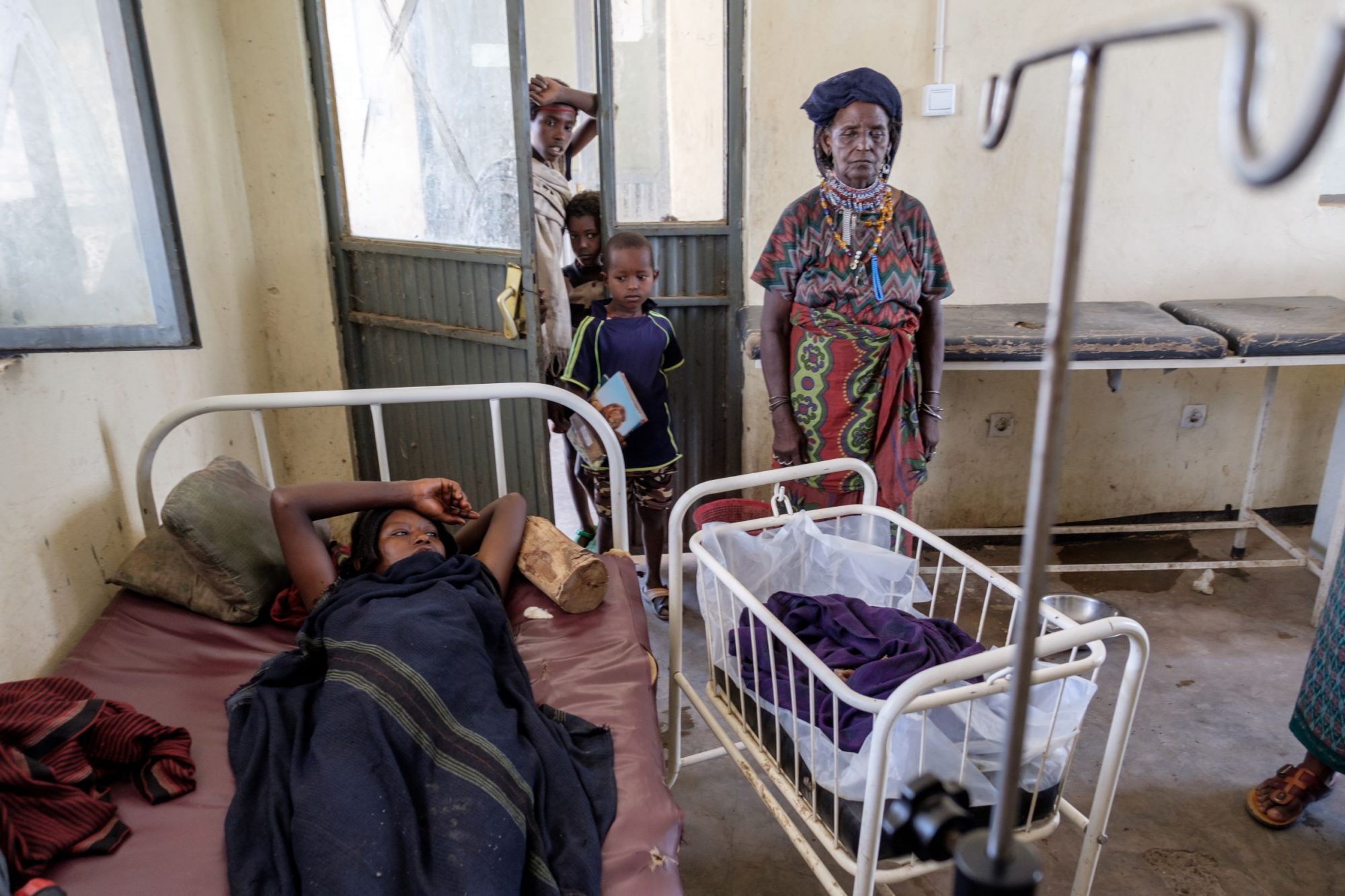Cross-countryEducation and learning Protocol for a multi-country implementation research study to assess the feasibility, acceptability, and effectiveness of context-specific actions to train and support facilitators to deliver sexuality education to young people in out-of-school settings
publication
11.07.2023


